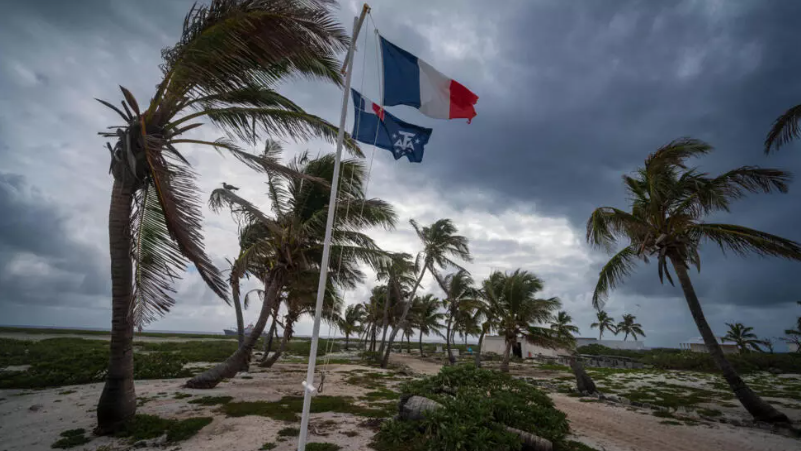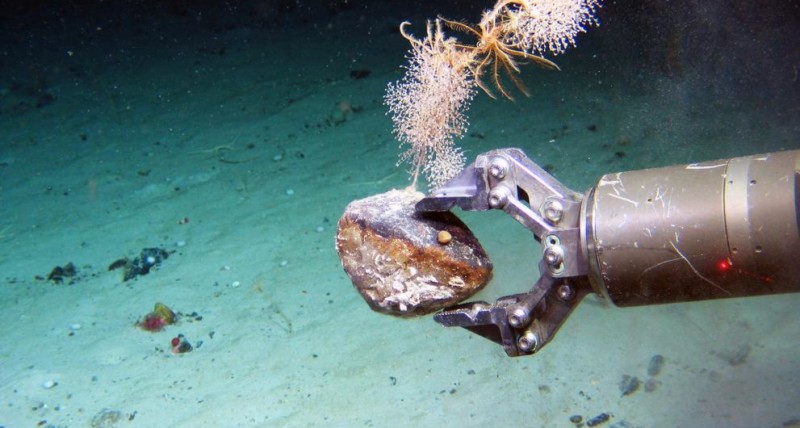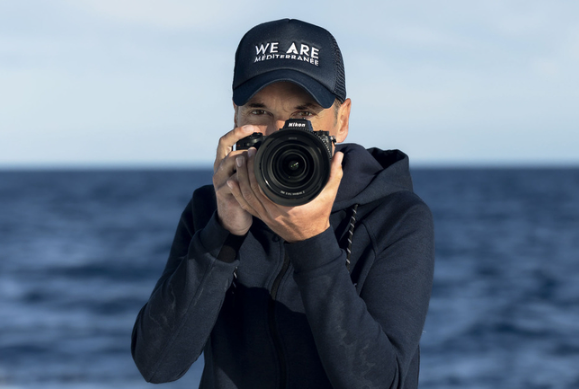Emmanuel Macron’s tour in the Indian Ocean (Mayotte, La Réunion, Madagascar) highlights the strategic importance of the Mozambique Channel. This long stretch of sea, 1,500 km separating the African continent from Madagascar, holds significant political, energy, and commercial interests. Jean-Marc Balencie, an expert on the region for the consulting firm Attika Analysis and author of the blog « Horizon 2035, » breaks down the key issues surrounding this disputed maritime area.
The Mozambique Channel serves as a vital corridor for global trade, offering crucial maritime passage between the Indian Ocean and the Atlantic. It’s a route for a large volume of goods, including oil, natural gas, and fisheries products, connecting key economies in Asia, Africa, and Europe. The channel is also a critical area for energy production, with emerging natural gas fields off the coast of Mozambique, making it a key hub for the energy market.
Additionally, the Mozambique Channel is home to rich fishing grounds, making it a vital zone for the fishing industry. The region’s resources attract international competition for control, particularly as countries look to secure their interests in both marine resources and energy production.
With increasing geopolitical interest from major powers, the Mozambique Channel is becoming an area of heightened strategic importance. As countries vie for influence and access, the channel remains a key focal point for global trade and energy flows, and its stability is vital for economic growth in the region.
Balencie’s analysis underscores the significance of this maritime zone in shaping future geopolitical and economic dynamics in the Indian Ocean.
RFI: The Mozambique Channel is often mentioned as a strategic maritime route for international trade. Is this indeed the case, and why?
Jean-Marc Balencie: Yes, indeed, it has become a strategic route again. Due to tensions in the Red Sea [the attacks by Houthi rebels from Yemen against ships since October 2023], a large part of the international traffic passing through the Suez Canal has been rerouted and is now forced to bypass Africa via the Cape of Good Hope. This has led to an increase in maritime traffic through the Mozambique Channel, especially from the Middle East, the Indian subcontinent, and the Strait of Malacca. This channel provides access to the Atlantic and to the markets of Latin America, North America, and Europe.
Can we say that controlling the Mozambique Channel is controlling a part of international maritime trade?
That might be a bit of an exaggeration. It’s easy to bypass this channel by going east of Madagascar for ships coming from the Strait of Hormuz or Asia. So, even though this channel shortens the travel time, it’s not a major issue at the international level.
The real issue is the security of maritime traffic. For example, during the height of Somali piracy, pirates were almost reaching the entrance to the Mozambique Channel. There were fears they might get there. Today, this threat has almost disappeared, but the real danger could come from political-legal changes in maritime law, with riparian countries seeking to extend their sovereignty over these spaces, potentially imposing restrictions on maritime traffic.
Which countries dominate the region currently?
France is present thanks to Mayotte and the Eparses Islands, and it has a military presence through La Réunion—with naval forces patrolling fairly regularly. These islands allow for exclusive economic zones (EEZs) rich in fishery resources and potentially hydrocarbons.
South Africa is also a relatively important player; it deployed resources as far as Tanzania when the threat of Somali pirates peaked.
We also see Indian ships patrolling the central Indian Ocean, often making stops at the Seychelles and Mauritius. Recently, there were major maneuvers organized by the Indian Navy with several regional African navies in the area.
There is also a notable presence of Chinese vessels, more or less regularly, and a strong presence of the U.S. Navy, but much farther north—at the exit of the Red Sea and in the Arabian Sea, near the Strait of Hormuz.
Why is this channel particularly strategic for France?
Currently, for France, the real issue is to preserve its sovereignty over Mayotte [in the face of the Comoros] and especially over the Eparses Islands, against potential Malagasy threats, which are relatively limited since the Malagasy government has other priorities at the moment. Additionally, there are possible threats from certain riparian countries, such as Mozambique or Tanzania, although this has not really been explicitly formulated so far.
RFI: What natural resources are found specifically in the Mozambique Channel?
Jean-Marc Balencie: The Mozambique Channel contains significant fishery resources and also major offshore gas reserves, particularly off the coast of Mozambique and Tanzania. Several large Western operators, such as TotalEnergies, have been involved in these projects for several years.
The issue is that while gas fields in Tanzania have started being exploited, in Mozambique, where the potential seems to be the greatest, the project has faced considerable delays due to the insecurity in Cabo Delgado, in the north of the country, on the border with Tanzania, where a jihadist insurgency has emerged in recent years. However, this project is slowly starting to get back on track, and TotalEnergies hopes to relaunch its development operations by the end of 2025.
In this regard, this area is sometimes referred to as the « new North Sea. » Is this justified?
This comparison should be taken with caution, but indeed, the gas potential in Mozambique is very significant. It could transform the socio-economic landscape of this part of Africa, provided that the wealth from this future gas boom is distributed equitably within the population and benefits everyone. Given the corruption present in Mozambique, this remains uncertain.
What exactly are Madagascar’s claims on the Éparses Islands?
For several decades, there has been a diplomatic and legal offensive from Madagascar to try to regain control of the Éparses Islands, which France maintains with small military detachments—usually at the level of a section, at most—accompanied by meteorological teams that monitor the weather in an area highly exposed to extreme weather events. So, there is a symbolic but permanent French presence.
The Malagasy government contests France’s legal presence, arguing that these islands were dependencies of Madagascar and that once Madagascar gained independence, they should have been returned to Madagascar instead of remaining under French control. For several decades, there have been regular Malagasy interventions at the United Nations to have these rights recognized. Madagascar has also explored other international forums, such as the SADC (Southern African Development Community) and various organizations covering the Indian Ocean region.
In this context, what is the significance of President Emmanuel Macron’s tour in the Indian Ocean regarding this issue?
It’s about preserving France’s positions. As you know, French overseas territories are facing a number of threats globally: for example, in New Caledonia, or even from a country as unlikely as Azerbaijan, which has been deliberately pursuing a strategy opposed to French interests. We’ve also seen some challenges in the Caribbean.
Over the coming decades, due to the importance of the exclusive economic zones adjacent to these island territories, the fishery and energy resources will generate significant interest from potential rivals of France.
On these Éparses Islands, where there is no indigenous population and only a symbolic military presence, the French legal positions regarding international sovereignty conventions can be considered relatively fragile. Therefore, there are real risks of increasing pressure.
Can we expect specific agreements during the Indian Ocean Commission summit in Antananarivo?
Yes, but with caution. Every election in Madagascar, which often leads to disputes, can bring a new regime that may not fully align with previous agreements made with France. This could potentially challenge any deal that might be reached during the upcoming meeting between President Macron and the Malagasy president.
Source: rfi




